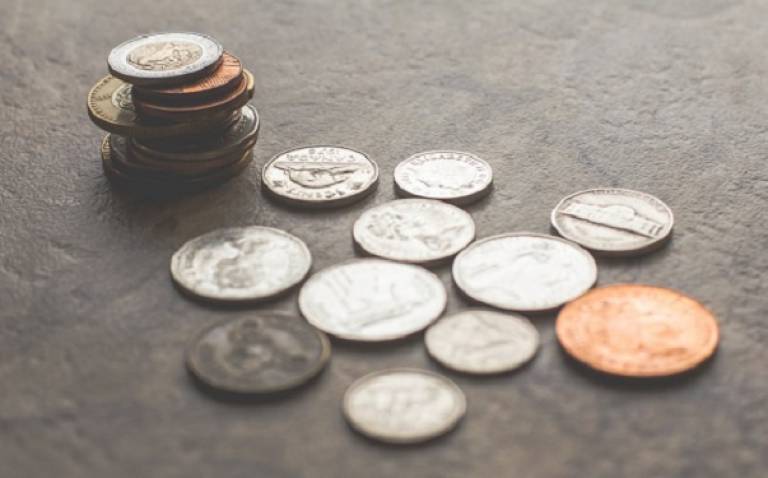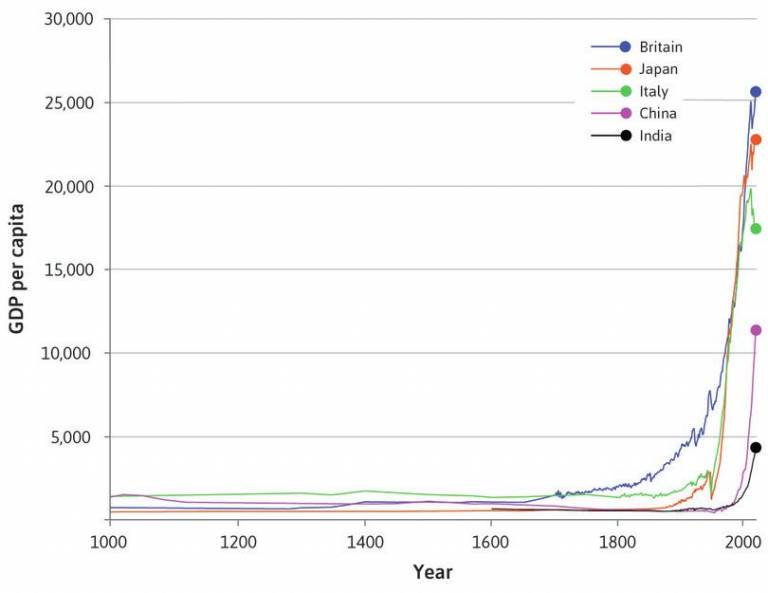Why do the rich keep getting richer and the poor keep getting poorer?
What compels people to think a certain type of way and understand things different to normal people? How does one break the cycle of poverty?

24 March 2021

That's a great question and something that many economists at UCL and elsewhere work on and also something that forms the central focus of the yearlong mandatory Economics module for UCL BSc Economics first-year students. Let me break down the question into two parts.
First, if you compare between different countries in the world, then you find that the gap between rich and poor countries has to a certain extent shrunk in recent times with the poorest countries in the world becoming quite a lot richer in the last 4 or 5 decades. This link from Our World in Data shows this (the graph is interactive, and there's lots more on this topic through the link).
For the second part, if you look at people within a country, particularly rich countries, you can see that inequality has indeed risen since about the late 1970s (this link again from Our World in Data has more on it). In the US in particular, this rise has to a certain degree been accompanied by the poor getting poorer over this period (not just the rich getting richer). There are several reasons for this development, including deindustrialisation, the ICT revolution favouring certain types of jobs, fall in unionisation, and globalisation.
Breaking out of the poverty trap is difficult of course, but one of the key factors that have been observed in both rich and poor countries, is investment in education and other human capital. Unfortunately in many of the countries that have seen the greatest rise in inequality in the last few decades, the government's spending on human capital (health, education, etc) has declined very often for ideological reasons. So there is a way to resolve this issue, but the political will is often missing.
Take a look at this free online book called 'The Economy' written by academics at UCL and other universities. The book is used by BSc Economics students in their first year of study.
 Close
Close


